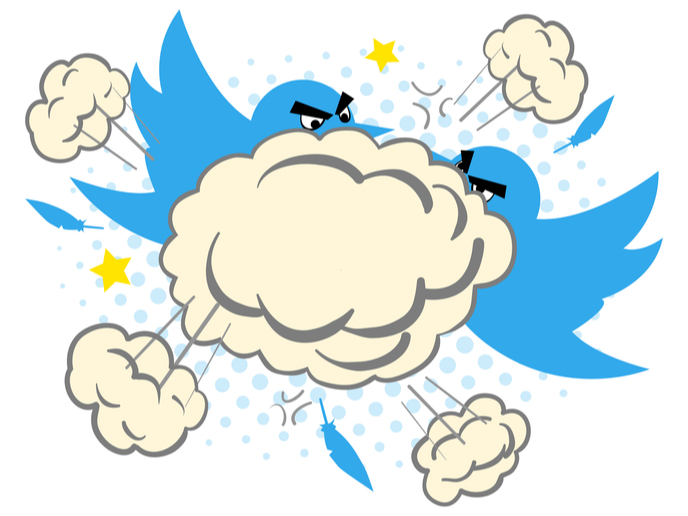Social media making us angrier, study reveals
Anger seems to be all the rage on social media these days. Angry thoughts have the tendency to spread the fastest on the social web. Is it any wonder then that Twitter has often been called the angriest place on the internet? A new Yale University study published in the journal ‘Science Advances’ shows how online networks encourage us to express more moral outrage over time. This is because expressing outrage online gets more likes than other interactions. The increased number of likes and shares teach people to be angrier. In addition, these rewards had the greatest effect on users linked to politically moderate networks. Moral outrage is justifiable anger, disgust or frustration in response to an injustice.
Go-to place for anger online
“Social media’s incentives are changing the tone of our political conversations online,” study first author and postdoctoral researcher at Yale’s Department of Psychology William Brady commented in a news release by the same institution. “This is the first evidence that some people learn to express more outrage over time because they are rewarded by the basic design of social media.” Using machine learning software, the researchers analysed 12.7 million tweets from 7 331 Twitter users gathered during several real-life controversial events, from disputes over hate crimes to an aeroplane altercation. They assessed how the behaviour of social media users changed over time. The research team also examined the behaviours of participants in controlled experiments. This was done to test whether social media algorithms that reward users for posting popular content promote outrage expressions. “Amplification of moral outrage is a clear consequence of social media’s business model, which optimizes for user engagement,” explained co-author Molly Crockett, an associate professor of psychology at Yale. “Given that moral outrage plays a crucial role in social and political change, we should be aware that tech companies, through the design of their platforms, have the ability to influence the success or failure of collective movements.” Dr Crockett added: “Our data show that social media platforms do not merely reflect what is happening in society. Platforms create incentives that change how users react to political events over time.”
Can we stop social media rage?
So what can be done to reverse online outrage’s feedback loop? “I don’t think there’s this one big thing that platforms can do to suddenly change how online discourse is, just because it’s not just the platform design, but it’s also our psychology,” Dr Brady told ‘Popular Science’. He concluded: “So to me, it has to be this combination where you have the companies do these small nudges that can help conversational health, while also empowering users to be aware of the ways that the design of the technology can potentially influence the social information they see.”
Keywords
social media, likes, shares, Twitter, outrage, moral outrage, anger, platform, rage, network, online



